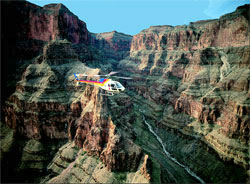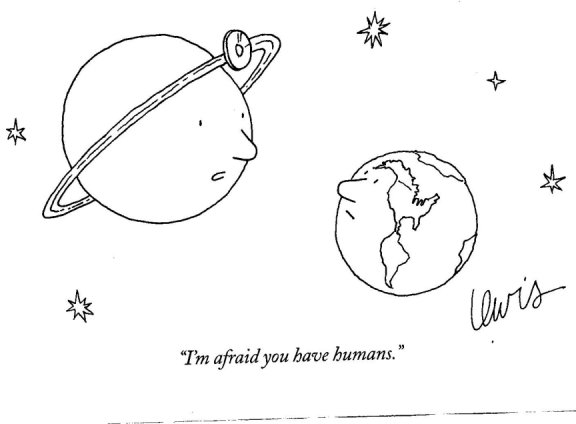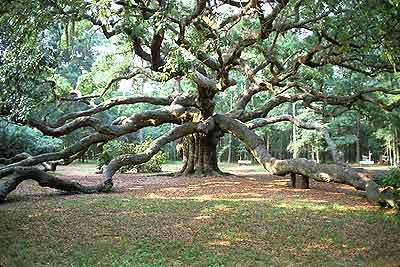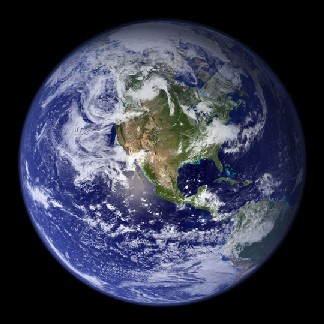How
might
we evaluate ideas?
consequentialist=utilitarian: what action will have the most benefits and the least harm
deontological=rule based: certain rules such as the ten commandments are morally absolute
you don't have to understand all 8 of these, but notice that there are lots of different approaches
----------------------------------------------------
What are the assumptions being made in the political debate about global warming?
When people fought to save the
Hetch Hetchy Valley or the Grand Canyon,
they couldn't necessarily give an effective answer to the
question:
"Why?"- which one is true--but this isn't very useful
- how reliable or
how
high-quality the arguments
in favor of the idea are
- try adopting the
idea and
see if it has a good outcome
- evaluate whether they are useful as rhetoric--evaluate whether this idea is good for convincing people
- who holds
different ideas for what reasons
- that people of different religions or different cultures could agree on
- they haven't come to agreement, but they have come to ways of explaining the basis of different positions
- if we want to take action together it is really useful to have 'explanations for why it is a good thing' that we can agree on
- you have to start
with
assumptions and definitions
consequentialist=utilitarian: what action will have the most benefits and the least harm
deontological=rule based: certain rules such as the ten commandments are morally absolute
you don't have to understand all 8 of these, but notice that there are lots of different approaches
----------------------------------------------------
What are the assumptions being made in the political debate about global warming?
- humans are the cause of global warming
- still some scientific debate about that, though evidence is getting stronger
- can human beings really disturb the climate balance of the whole globe?
- assumption--we
are
ruining the environment, this is another example, or
nature can take
care of itself
- wc can change what is happening
- some people
assume the
future is inevitable
- the future is not inevitable but will change depending on what we do
- how?
- government action, which we can influence by political participation
- less emphasis on individual lifestyles
- global warming needs to be stopped (a few people argue we can live with it): why?
- because of how it affects humans
- we
see
less
emphasis on protecting the ecosystem for its own
sake
- one set of arguments
motivates the activists--often radical arguments
- what arguments (probably different ones) are politically effective?
- example of an
argument that
is not good politics: Garrett
Hardin said he would support the
existence of one redwood tree over one baby (p. 240)
First look at why they oppose wilderness preservation:
Eric Hoffer
 -Because wilderness
benefits
only a small elite group
-Because wilderness
benefits
only a small elite group-Because human needs should come first ahead of plants and animals
-Because conquering nature is what human beings are all about
-Because wilderness will inevitably give way to civilization
-In an ideal world technology would allow human beings to: "wipe out the jungles, turn deserts and swamps to arable land, terrace barren mountains, regulate rivers, eradicate all pests, control the weather, and make the whole land mass a fit habitation for man." Eric Hoffer (Nash, p. 241)
-Convert random nature into a carefully managed garden (and zoo)--nature does not always know best
-Most people prefer landscapes that have been modified by human intervention--at least roads and trails, maybe even cable cars to allow more people to enjoy the mountain (promoting scenery and natural beauty, but not wilderness)
-if we cause problems we can use technology to fix them
eg. we don't have to worry about running out of oil because scientists and engineers will come up with a solution
environmentalists will argue that isn't always possible--we will have to change our lifestyle

experience the Grand Canyon by helicopter
- the main solution to environmental problems is government action
- the way to get the
government to act is by changing public opinion (because
public opinion
makes a difference)
- people care about
nature,
want to preserve the natural environment
- technology should continue to progress and will give us more control over our environment, and it is possible to use that for good, but we cannot count on technology to solve all our problems
- it is the nature of civilization (of human beings) to conquer wilderness and control nature
- human needs are more important than ecosystems or animals
- we human beings can figure out how to do things better than the natural way (we can improve on nature)
- (people who want to
preserve wilderness value unimproved nature)
Do we really want to be purists about preserving wilderness?
or will we do best if we find a middle ground?
Should we save the California Condor?
- it had developed to eat the megafauna
- it was on its way to extinction before Europeans arrived
- if we save it we are interfering with natural processes
- or would our world be diminished if we let this bird go extinct?
- or would that be too much like a zoo--an artificial natural world (a human-controlled natural world)
- essential contradiction--as soon as we intervene to help nature we are acting to control the natural world
- we probably want to
intervene in nature to undo damage we did, but how far
to go before it
isn't natural any more
- if we manage the
wilderness
have we saved it or destroyed it?
- because wilderness experience is something human beings need
- the scarcer wilderness becomes the more valuable it is (scarcity theory of value)
- civilization has brought problems as well as benefits
- natural ecosystems
provide
services to human beings--store carbon, clean up
pollution...
- if our technology gets out of hand we could wipe out life on earth
- wilderness has things of value to human beings (the "medicines from the rain forest" argument)
Or should we think beyond human utility (non-anthropocentric and deontological/rule-based, such as (deep ecology) ?
- wilderness has the right to
exist for its
own sake
- wilderness should have rights
- the earth does not belong to human beings--stewardship
- humility--don't be
so
arrogant as to think we can make nature better
- restraint is a good thing (do you believe that "everything we can do we should do " ?)
- if we control nature there won't be any place where evolution takes place in natural conditions
- Aldo Leopold: The first
rule
of successful
tinkering is to save all the parts (as species go
extinct we are losing
parts)
- wilderness helps keep alive the idea of human freedom
- how do you give wilderness
standing
in court? who has the right to sue?

This
page written and copyright Pamela
E. Mack



